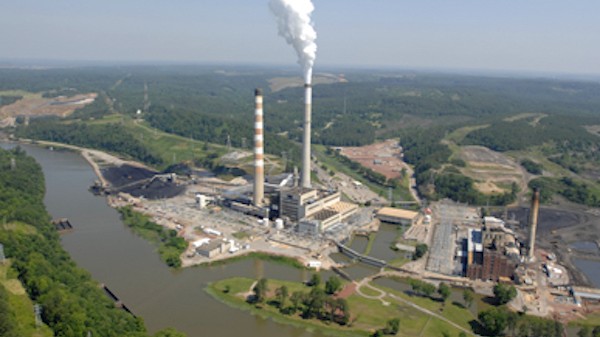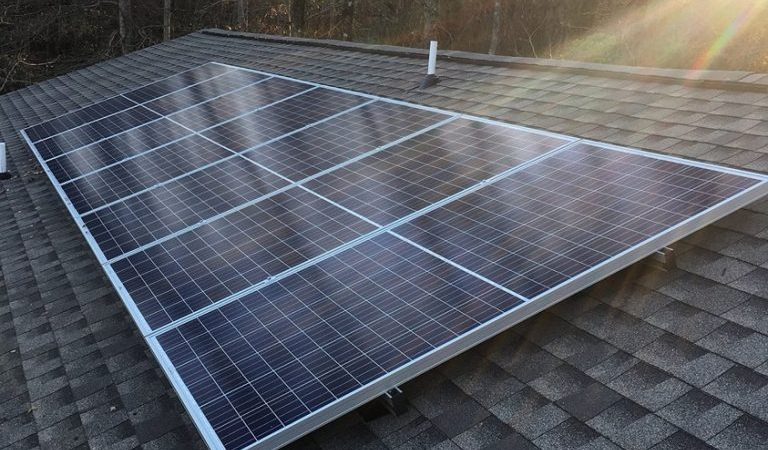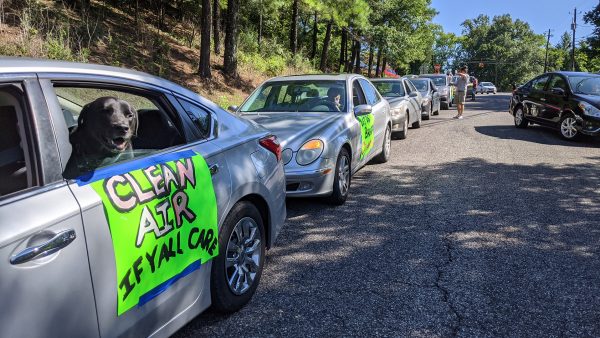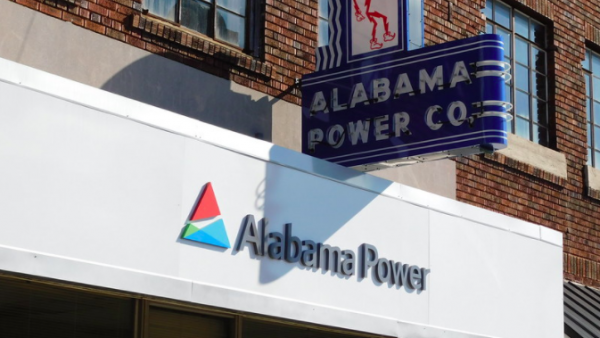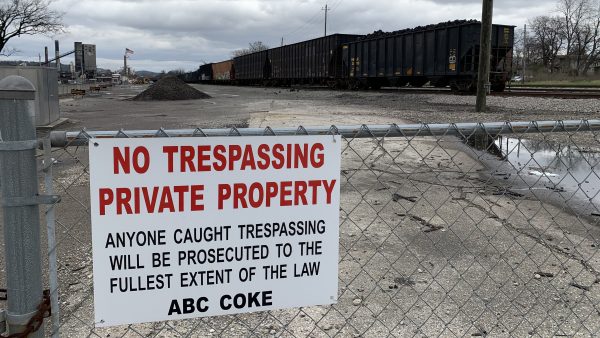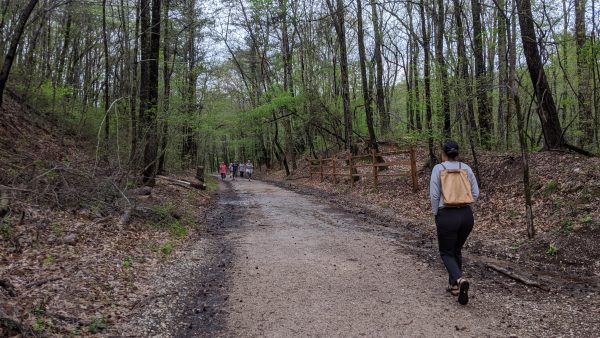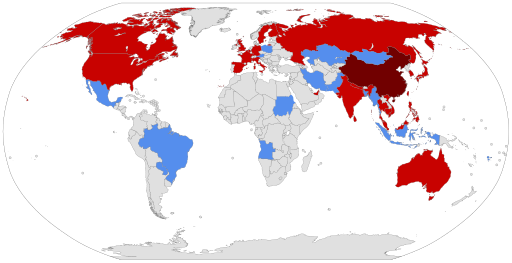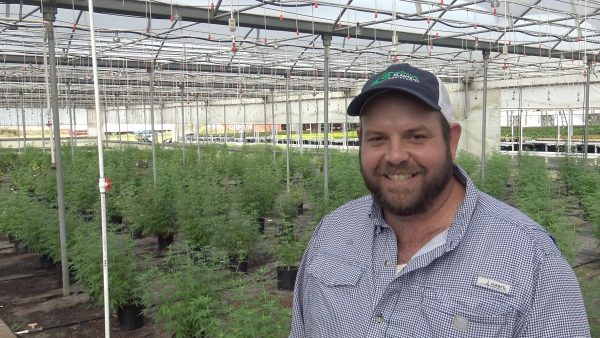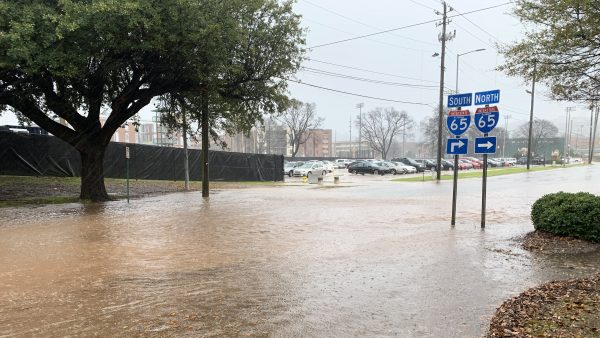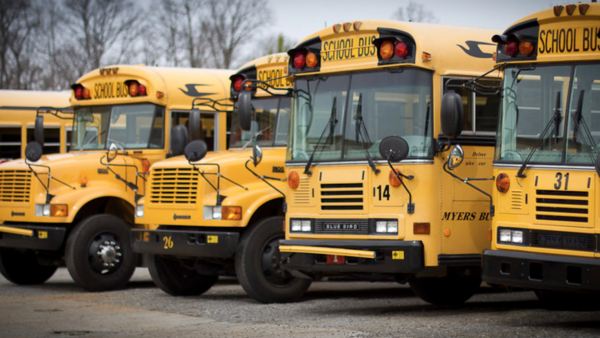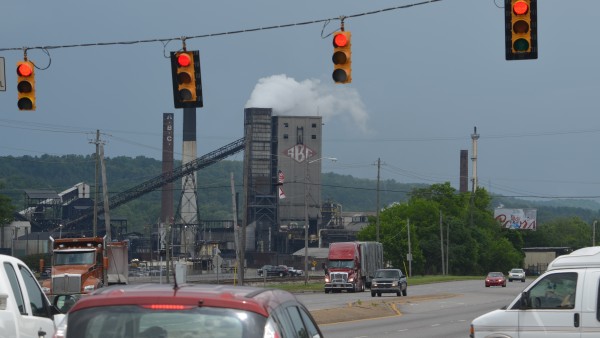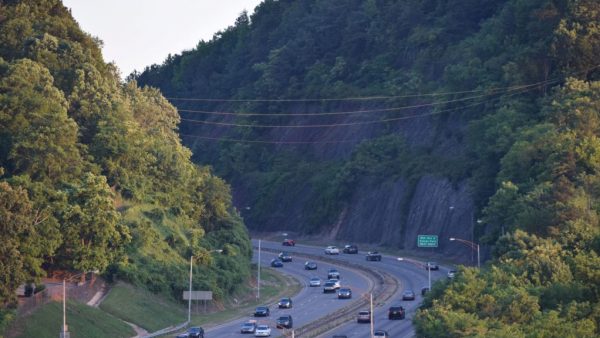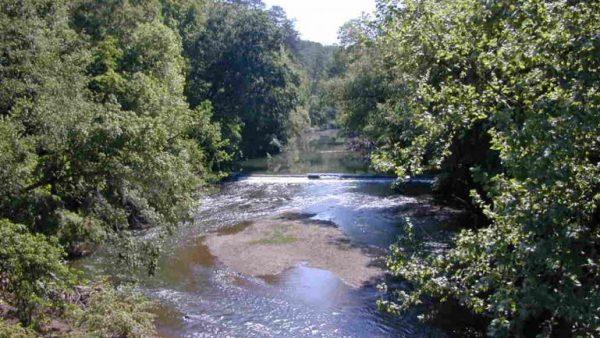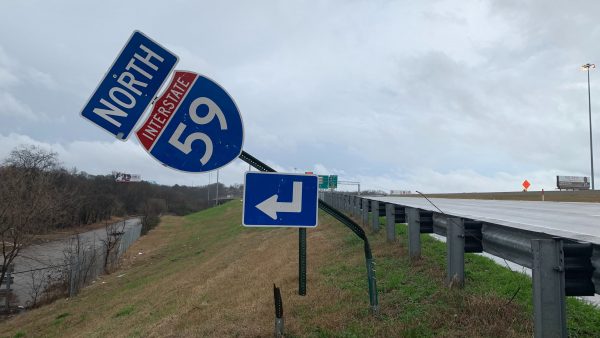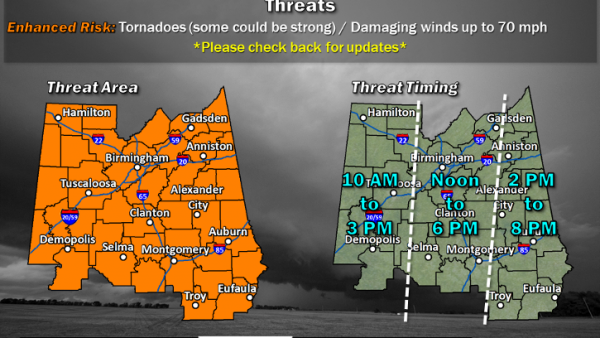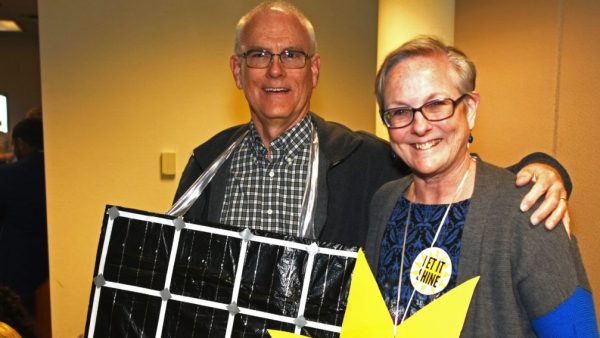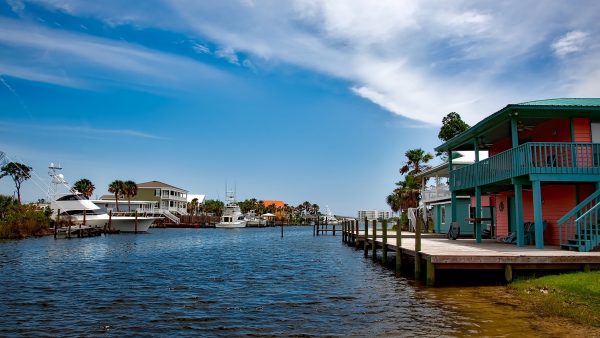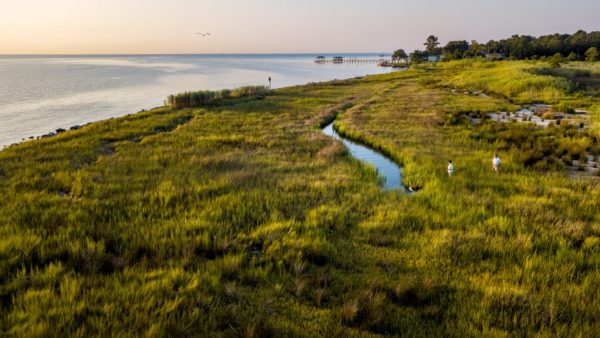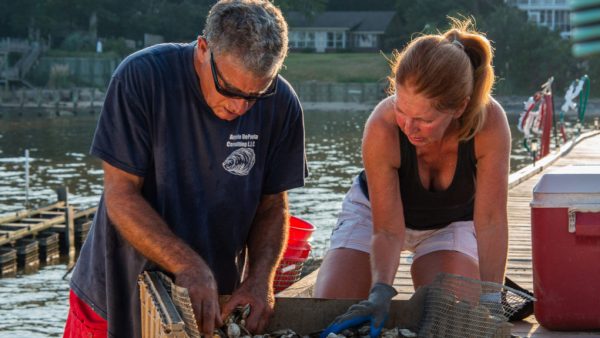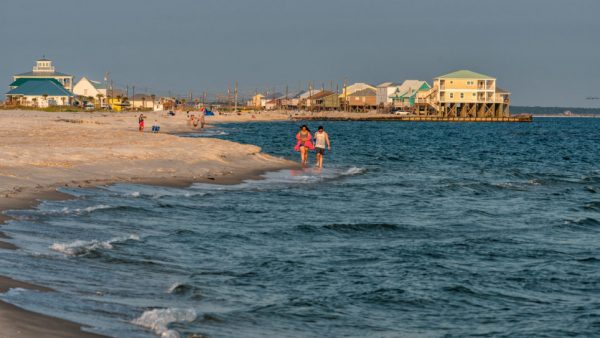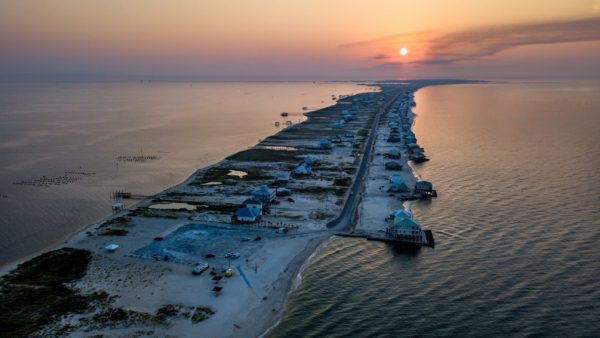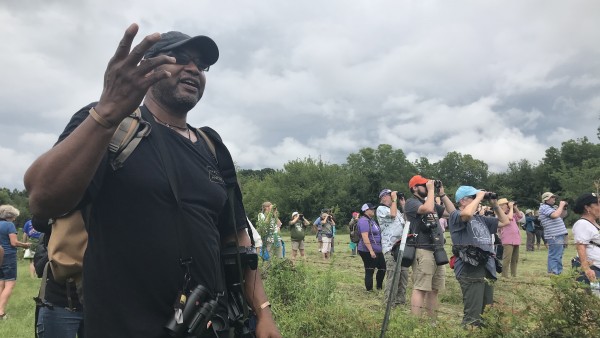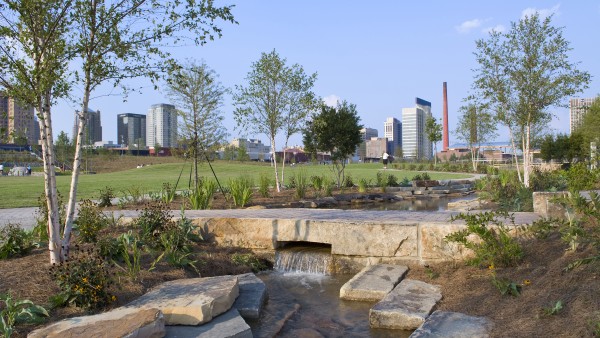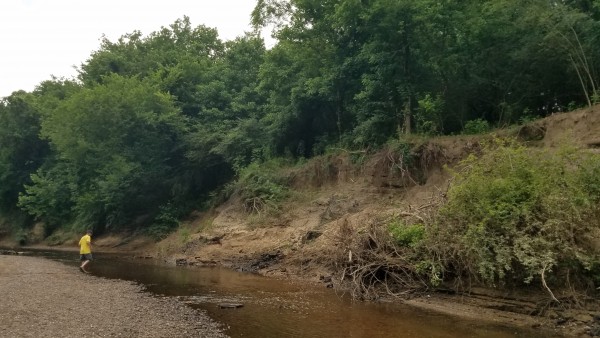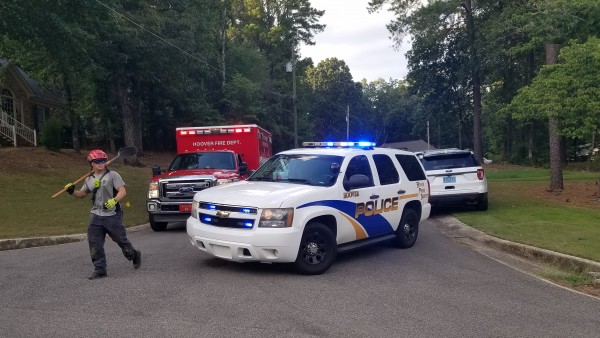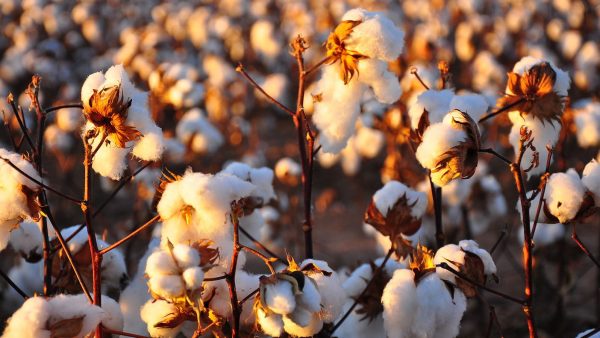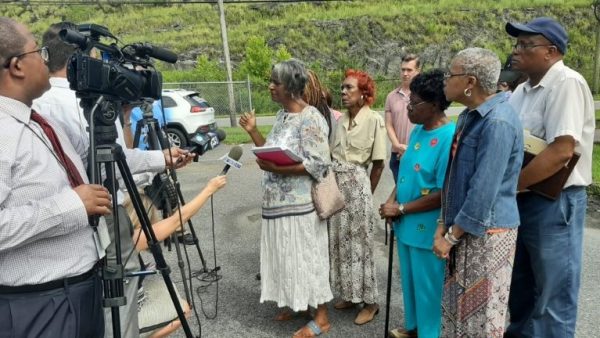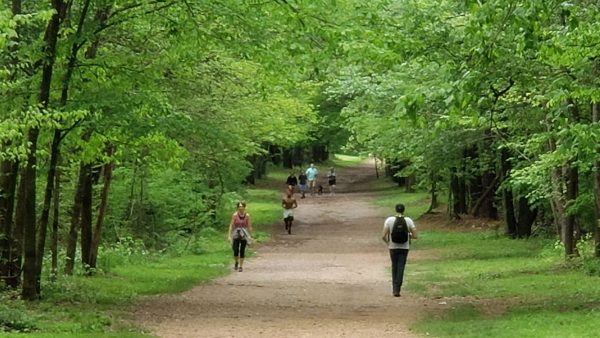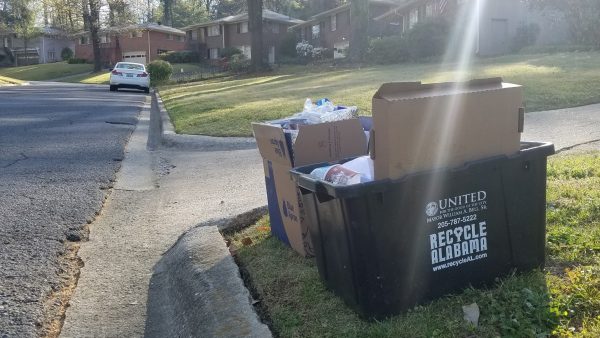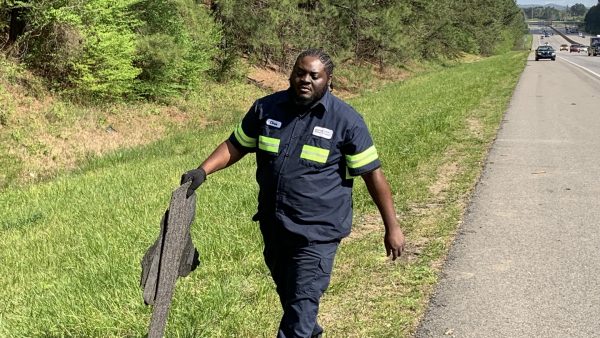Environment
ADEM Holds Public Hearing On Alabama Power’s Coal Ash Pond Disposal Plans
This was the first of three public hearings scheduled to review ADEM's permits detailing how coal ash will be managed at various power plants.
PSC Allows Alabama Power To Raise Fee Charged To Solar Power Users
Solar power users in Alabama will see a new fee after a vote by the Alabama Public Service Commission this morning.
Advocates Call For Environmental & Racial Justice At North Birmingham Superfund Site
The "Right to Breathe Caravan" toured several north Birmingham neighborhoods Saturday, calling for environmental and racial justice in communities that have faced decades of industrial pollution.
PSC Gives Thumbs-Up For Alabama Power To Increase Fossil Fuel Use, Delays Solar Request
The Alabama Public Service Commission voted this week to approve most of Alabama Power’s $1.1 billion energy expansion plan. The state's largest utility will build a new natural gas plant and buy gas from existing plants.
EPA Rejects Move To Strengthen Air Pollution Limits
The Trump EPA announced this week that it will not lower the current limit on particulate air pollution, an action that disappointed but didn’t surprise public health scientists and clean-air advocates.
Getting Out For A Walk In The Woods? Social Distancing Still Applies
With gyms closed and kids home from school, more people are visiting area parks. Some officials are grappling with how to manage the crowds without putting the public’s health at risk.
Officials Seek Answers On Plan To House Coronavirus Patients In Anniston
Anniston is being considered a "back-up plan" to house some patients that have tested positive for COVID-19, according to Gov. Kay Ivey.
More Alabama Farmers Sign up to Grow Hemp
Last year marked the first time in decades that hemp could be grown legally in Alabama. More than 100 farmers got licensed by the state to grow it.
Delayed School Start Times Tuesday Feb. 11, 2020
A number of area schools are delaying start times due to heavy rain and a flash flood watch early Tuesday morning.
Schools Cancel Afternoon Activities due to Expected Severe Weather
As severe weather moves toward Alabama, several school districts are closing early.
Gasp, SELC Challenge ABC Coke Consent Decree
A fight over ABC Coke’s air pollution in Birmingham and Tarrant entered federal court Tuesday as groups charged that a consent decree agreement approved last spring is too weak to guarantee that unlawful discharges of the cancer-causing chemical benzene will stop.
Despite Pledges, Birmingham Barely Out of Gate on Energy Efficiency, Renewables, Sustainability
Birmingham Mayor Randall Woodfin promised in December to pivot toward prioritizing sustainability during the remaining two years of his term in office. But for some, Woodfin’s administration — and Birmingham’s municipal government as a whole — has been frustratingly inert when it comes to environmental issues.
Environmental Groups Protest New Waters of the US Rule
Environmental groups in Alabama and elsewhere say they will fight to delay or stop a new federal rule that would remove the 1972 Clean Water Act’s oversight of half the nation’s wetlands and many small streams.
Three Dead in Alabama After Severe Weather Sweeps Through the South
Three people in Alabama died after severe storms hit the area on Saturday.
Severe Weather Threatens Most of Alabama on Saturday
Forecasters in central Alabama say the storm system threatens to spin off tornadoes. Officials say residents should have multiple ways to receive weather warnings and should not depend solely on outdoor warning sirens.
PSC Hears Arguments for Raising or Abolishing Alabama Power’s Fees for Solar Users
Spectators – many wearing ‘Let It Shine’ stickers – packed a Public Service Commission hearing room this morning to hear testimony about the fees Alabama Power Company charges residents to use solar panels or other alternative means of power generation.
What Climate Change Could Mean for Alabama’s Coast
Climate change has far reaching effects. A new series from Birmingham Watch looks at what climate change could mean for Alabama's coast.
Changing Climate: Many in Coastal Alabama Act Now to Rebuild Shorelines, Prepare for Storms
Some Alabamians and the politicians they elect traditionally have denied global warming. But many people in coastal Alabama are preparing now for what they fear will be inevitable consequences of increased warming of the air and oceans.
Changing Climate: In Pursuit of the Disappearing Alabama Oyster. Will They Ever Return?
Oysters, one of the vital signs of the health of Alabama’s coastal waters, were once a jewel of the state’s economy and a local delicacy. Now, wild oysters from the Mobile Bay area have almost entirely disappeared. With few exceptions, the oysters most of us now enjoy originate elsewhere.
Cloudy Future for Dauphin Island, a Canary in the Coal Mine of Climate Change
Dauphin is one of perhaps 2,200 barrier islands that make up 10% to 12% of the globe’s coastline. They help absorb the blows of nature and suffer greatly for it, either eroding dramatically from catastrophic hurricane forces or gradually, almost imperceptibly, from constant wave action.
Changing Climate: Alabama Sees Heat, Storms, Drought and Turtles
Alabama’s a long way from the South Pole, but Jim McClintock knows the places are connected. For decades, the UAB researcher has been witnessing effects of climate change on the polar region. He sees that his state is starting to feel the impacts, as well, and predicts greater changes ahead.
Drawing a More Diverse Crowd to the Outdoors
There’s a growing number of outdoor enthusiasts who say nature isn’t just for white people. They want recreation groups to do more to attract people of color. The Birmingham Audubon Society organized a trip where black birders led a group to Hale County.
With Low-Impact Development, Cities Hope to Better Control Runoff
Many cities in Alabama now have ordinances in place to encourage low-impact development. The goal is to reduce the amount of runoff that pollutes and erodes area waterways and better prepare for extreme weather.
Development Fills the Cahaba River with Sediment
Increased construction around Birmingham has led to concerns about the amount of sediment in the Cahaba River.
Two Workers Found Dead After Trench Collapse in Hoover
Two workers were found dead Tuesday evening after a trench collapsed on them in a Hoover neighborhood. The discovery came after an hours-long rescue and recovery effort.
Frustration With Health Department Intensifies as Environmental Groups Seek to Overturn ABC Coke’s Air Permit Renewal
Environmental groups say ABC Coke’s air permit renewal issued in April is flawed and are appealing to the U.S. Environmental Protection Agency to agree that it does not comply with requirements of the federal Clean Air Act.
New Virus Threatens State’s Cotton Crop
Many of the state’s cotton farmers are monitoring their fields more closely after agriculture officials issued warnings about a new virus threatening their crops.
Putting a Price Tag on a Fish Kill
Last month's wastewater spill at a chicken plant in Hanceville resulted in the largest reported fish kill in years. Environmental groups and residents want to see hefty fines against those responsible for the incident, but how do officials come up with a dollar amount?
Neighborhoods Want Trust Fund Set Up From Proposed ABC Coke’s Benzene Pollution Case
The North Birmingham community made clear this week that it wants money from an ABC Coke pollution penalty to be used to create a trust fund to benefit residents in the surrounding area.
New Trail That Leads To Red Mountain Park Set To Open In June
The Red Rock Trail System in Jefferson County is opening a new trail this summer. The path will connect more communities to Red Mountain Park in Birmingham.
Trash Talk: Why Doesn’t Birmingham Recycle More?
One way to reduce the amount of trash is to recycle more. That’s a challenge in the city of Birmingham.
Trash Talk: Birmingham’s Litter Problem
Call it what you want: trash, litter, debris … stuff. It seems like it’s everywhere. You’ll find it on front lawns and on busy highways. Officials say trash in the Birmingham area in particular is a problem. Here, we catch up with some of the folks who pick it all up.

